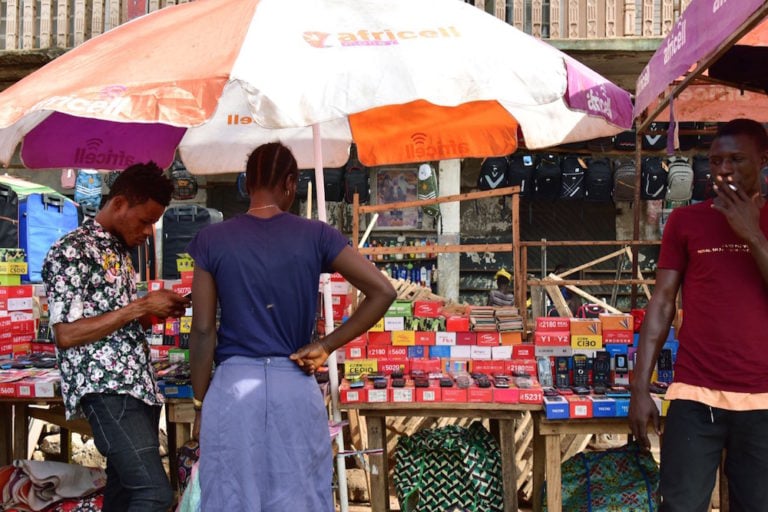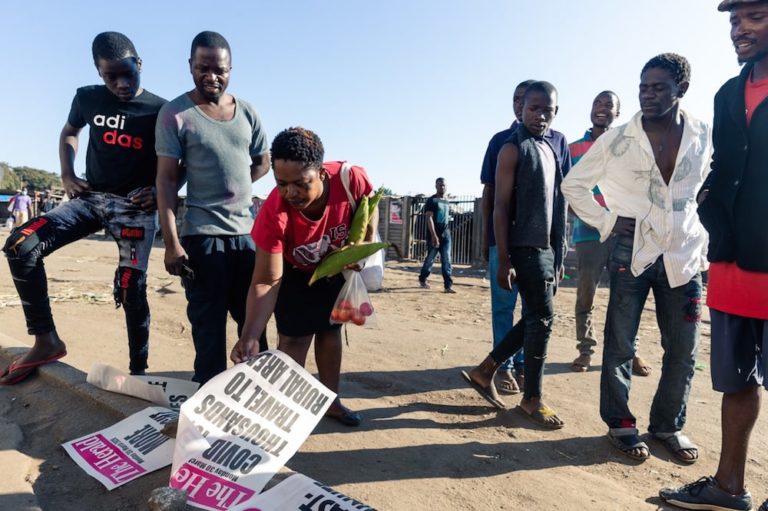(RSF/IFEX) – Reporters Without Borders wrote to information and communications technology minister Joel Kaapanda on 5 December 2008 to call for the withdrawal of all charges against South African TV journalist Bonita Nuttall, who was arrested on 28 November for doing a report in Namibia after entering the country on a tourist visa. Nuttall was […]
(RSF/IFEX) – Reporters Without Borders wrote to information and communications technology minister Joel Kaapanda on 5 December 2008 to call for the withdrawal of all charges against South African TV journalist Bonita Nuttall, who was arrested on 28 November for doing a report in Namibia after entering the country on a tourist visa.
Nuttall was freed on bail the following day after being held overnight and is due to be tried in February. The Reporters Without Borders letter also urged the government to ease Namibia’s relevant legislation, which imposes too many restrictions on foreign journalists wanting to work there.
“We deplore the fact that Ms. Nuttall had to spend the night in a holding cell and pay bail twice in order to be released,” the letter said. “Namibia is one of the African countries that most respect press freedom, but we think it was an abuse of authority to have placed Ms. Nuttall in detention. It was out of all proportion to her offence, counter-productive and damaging for Namibia’s image. This incident would not have occurred if Namibia’s legislation allowed the press more freedom to work.”
A presenter on the South African TV station M-Net’s investigative programme “Carte Blanche,” Nuttall was arrested at Windhoek international airport as she was about to depart on 28 November. After spending the night in a holding cell at the airport, she was released the next day on bail of 2,000 Namibian dollars (approx. 153 euros) pending an initial court appearance. On 3 December, a Windhoek court ordered her to pay additional bail of 8,000 Namibian dollars (approx. 615 euros) pending trial in February.
She was arrested for doing a report about the nomadic Himba ethnic group without first obtaining the temporary residence and work permits which Namibia requires for foreign journalists.
Namibian newspaper editors meanwhile called at the end of November for the withdrawal of a clause from a communication bill that would allow the intelligence services to tap phones and monitor email without referring to a court. The Media Institute of Southern Africa is strongly opposed to the bill, which it says would represent a setback for free expression.
Namibia was ranked 23rd out of 173 countries in the world press freedom index which Reporters Without Borders released on 22 October.


